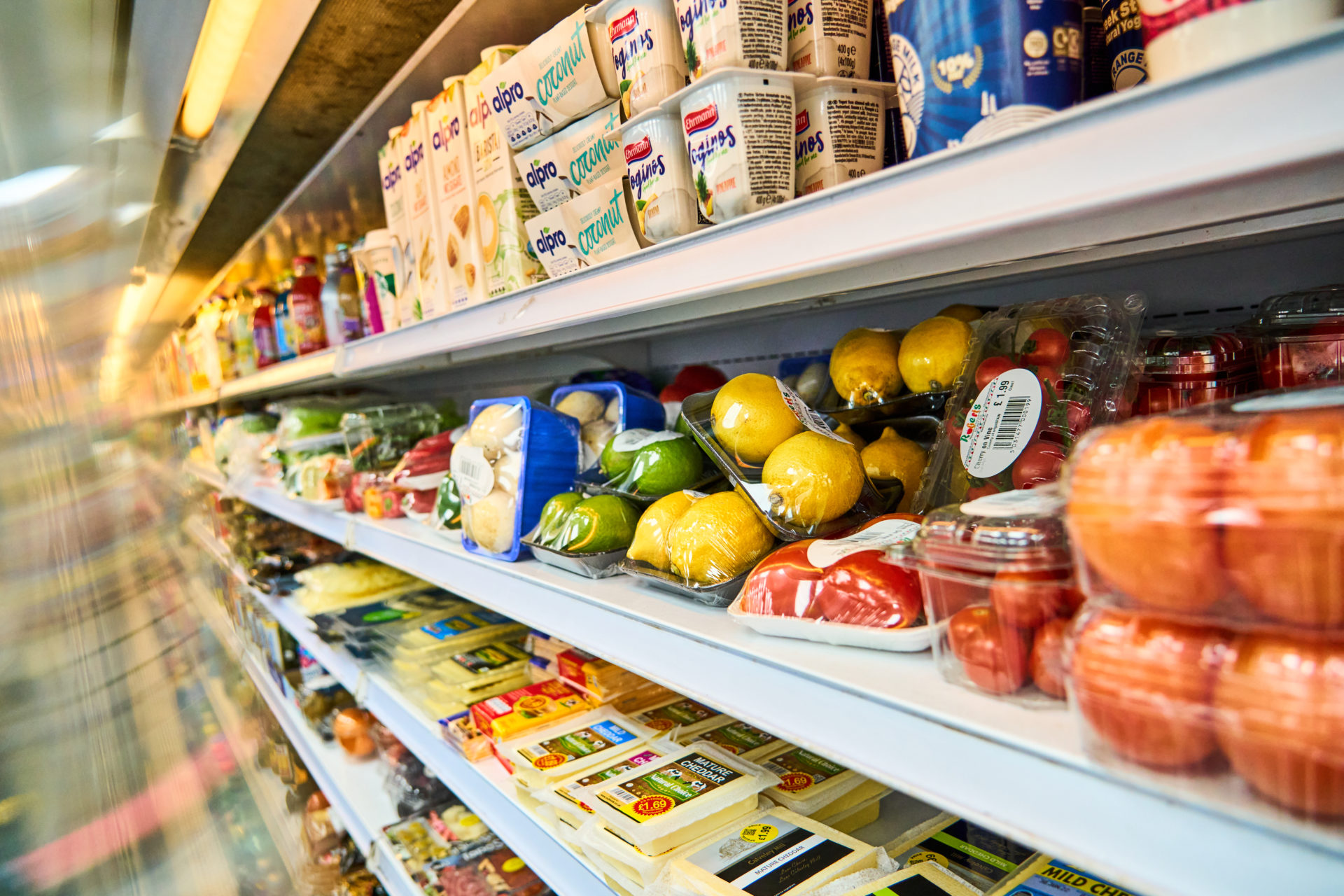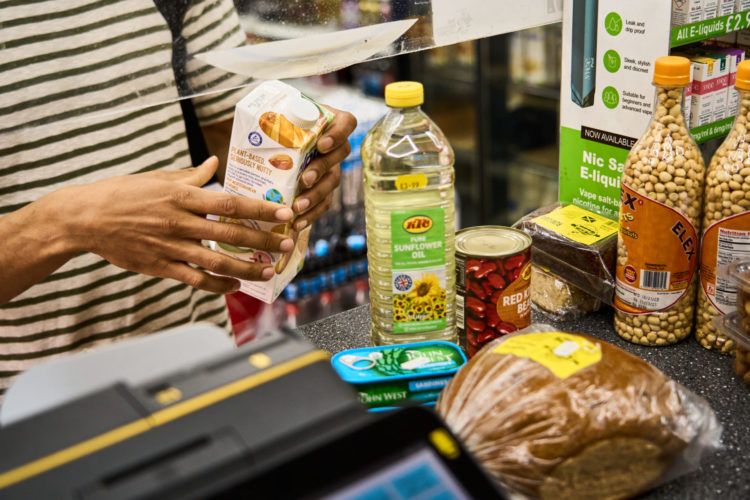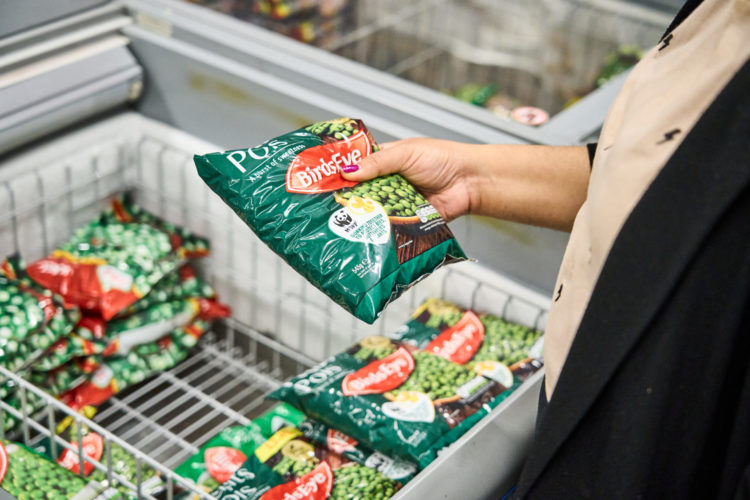Children's health and food • Good Food Programme
A retailer’s perspective – Oonagh Turnbull, Head of Health and Sustainable Diets Campaigns at Tesco
Oonagh Turnbull shares her perspective on the food industry
< Back to the Good Food Programme report
“As the UK’s biggest food retailer, Tesco knows that helping our customers to lead a healthier life has never been more important than it is today. We believe that healthy, sustainably produced food should be accessible to everyone – whoever they are, wherever they live and whatever their budget. It’s the foundation of a good start in life. Healthy food supports educational chances, improves mental wellbeing, and helps prevent chronic health conditions in adulthood.
“Tesco’s ambition is to lead the market in helping our customers with healthy and sustainable diets. It’s the right thing to do, but it’s also a good business decision as we know our customers want to lead healthier lives and over three-quarters want supermarkets to help them eat more healthily. Health and sustainability are increasingly important issues for our customers and our stakeholders.
“Our plans to make all the baskets we sell as healthy and sustainable as they can be covers a wide range of activities and initiatives across many areas of the business. From the ongoing reformulation of the products we make and sell – removing unhealthy nutrients and adding more positive nutrients, to delivering creative campaigns, promotions and partnerships which nudge customers towards healthier options and inspire them to eat well. Our Better Baskets campaign is a great example of this as it aims to tackle the barriers that customers come up against when looking to fill their basket with better choices every time they shop.
“Removing those barriers that stop people from trying alternatives and buying healthier food is critical. Price continues to be a major obstacle, so we’ve introduced ‘always on’ price commitments and continue to run seasonal promotions on fresh fruit and vegetables, such as our popular ‘Fresh 5’. Value is the number one factor that drives choice in our stores so we will always make sure our products are competitively priced. But we can’t stop there. Obesity levels are rising among adults and children and the health of our nation must also be at the top of our agenda.”
“Taking this approach can be difficult, however being a leader in this space means you have to stick to the principles you’ve set and innovate to stay competitive. It’s vital that we keep making the right calls on behalf of customers and communities.
“Healthy challenger brands play an important role across all of our activities. One of the reasons we were such a big supporter of the HFSS legislation was that we knew it would bring huge innovation to the market. It has driven so much good thinking. It’s not just been about making tipping-point products healthier, we’ve also seen new brands come to market and a change in how customers think about products in categories like snacks and drinks.
“My call to action is for more and better collaboration. We are facing a real health crisis which is having a huge impact on the customers and communities we serve, and on wider society.
“There is an ethical and a commercial case for us to work together across industry and government, and with other stakeholders, to respond to this crisis. To innovate, to be agile and to back healthier alternatives that consumers want. As retailers we know the reality of what is going on out there. We have insight into what works and what doesn’t, we’re the first to see changes in the market. We want to be able to share everything we know, as quickly as we can, and then work across the industry together to drive positive long-term change.
“To do this effectively we need policymakers to make good on the promise of a level playing field. HFSS legislation was set to provide that, and without it, long-term problems are inevitable. In a competitive environment we all need to be playing to the same rules.”
Key takeaways
Retailers like Tesco can play a major role in making healthier food more accessible. Price commitments that ensure healthier products are never more expensive than an unhealthy one and promotions for healthier options are all strategies they can employ.
Such an approach might present challenges, meaning stronger regulation that levels the playing field is crucial. Collaboration amongst the industry can also support innovation and sharing insights on what works.
More case studies from the Good Food Programme
Children's health and food • Good Food Programme
Children's health and food • Good Food Programme
A policymaker’s perspective – Kate Pugh, Senior Policy Adviser at Defra
Children's health and food • Good Food Programme
An investor’s perspective – Matt Truman, co-founder and chair of True
Children's health and food • Good Food Programme




